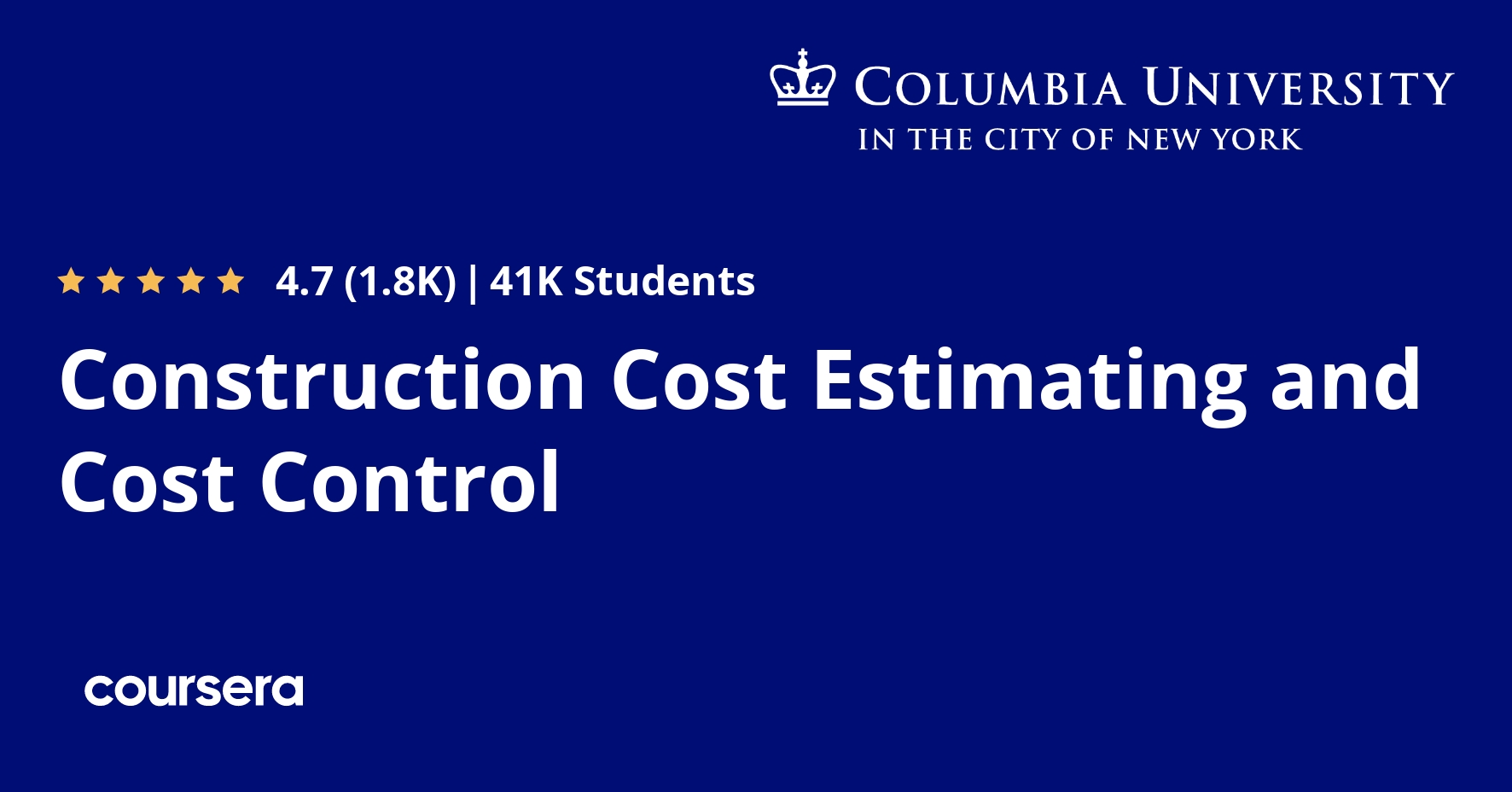Description
Decentralized Finance: The Future of Finance is a set of four courses taught by Campbell R. Harvey (Professor of Finance at the Fuqua School of Business, Duke University, and a Research Associate of the National Bureau of Economic Research) that focus on decentralized finance (DeFi). In this first course, we begin by exploring the origins of DeFi and take a broad historical view from the earliest barter economies, such as the first peer-to-peer exchanges of bartering, to present day. The course also looks at historical examples of money having value even though it is not officially backed.
We then focus on the key infrastructure components: blockchain, cryptocurrency, smart contracts, oracles, stablecoins and decentralized applications (or dApps). This includes discussion of the mechanics of the Ethereum and Bitcoin blockchains including cryptographic hashing.
Next, we focus on the specific problems that DeFi is designed to solve: inefficiency (costly, slow, and insecure today), limited access (1.7 billion are unbanked), opacity (we need to trust regulators to monitor banks and the regulators have mixed records), centralized control (financial system is oligopolistic imposing higher fees than we would have in a competitive market) and lack of interoperability (it is difficult to move funds from one financial institution to another today). The course closes by exploring many of the myths about the crypto space.






